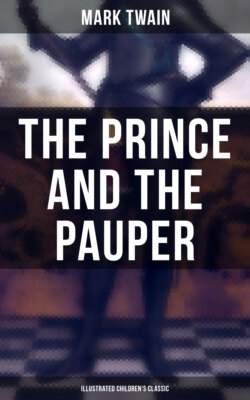Читать книгу The Prince and the Pauper (Illustrated Children's Classic) - Mark Twain - Страница 61
На сайте Литреса книга снята с продажи.
Note 20. (Notes to Chapter XXVII.)
ОглавлениеFrom many descriptions of larceny the law expressly took away the benefit of clergy: to steal a horse, or a hawk, or woollen cloth from the weaver, was a hanging matter. So it was to kill a deer from the King’s forest, or to export sheep from the kingdom.
Dr. J. Hammond Trumbull’s “Blue Laws, True and False,” p. 13.
William Prynne, a learned barrister, was sentenced [long after Edward VI’s time] to lose both his ears in the pillory, to degradation from the bar, a fine of £3,000, and imprisonment for life. Three years afterwards he gave new offence to Laud by publishing a pamphlet against the hierarchy. He was again prosecuted, and was sentenced to lose what remained of his ears; to pay a fine of £5,000; to be branded on both his cheeks with the letters S. L. (for Seditious Libeller), and to remain in prison for life. The severity of this sentence was equalled by the savage rigour of its execution.
Ibid. p. 12.
